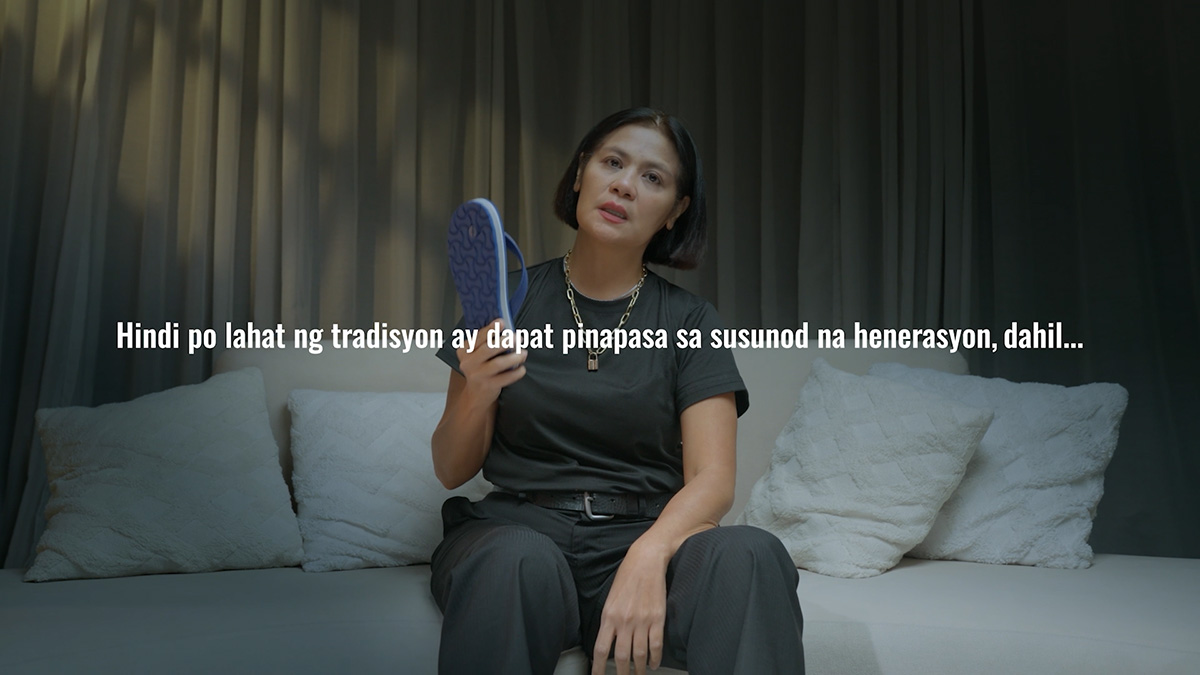
Actress and Positive Parenting advocate Candy Pangilinan appears in Save the Children Philippines' latest video campaign entitled "Stop Passing It," which calls on parents to end physical and humiliating disciplinary practices. Pangilinan highlights that not all traditions, including the use of corporal punishments, should be passed on to the next generation.
Children who experience or witness violence at home often channel their aggression through bullying, a child protection expert warned.
“Many children cannot retaliate when hurt or shamed by a parent or caregiver, so they express their anger, resentment and pain elsewhere, sometimes through aggression towards their toys, pets, younger siblings, or classmates who are smaller or appear weaker than them,” said Wilma Bañaga, Save the Children Philippines Child Protection Advisor.
Recent headlines have reported tragic cases of violence and serious physical harm among students. According to the Department of Education, bullying cases in the National Capital Region rose to 2,500 in School Year 2024–2025, up from 2,268 the previous year.
Research from the Global Initiative to End All Corporal Punishment of Children in 2021, supported by Save the Children, shows practices like slapping, spanking, and verbal shaming are associated with increased aggression, anxiety, depression, and long-term mental health challenges in children.
“Physical and humiliating punishments at home can confuse children about what’s right or wrong, and they may copy this behavior when dealing with other children,” said Bañaga.
In its video “Stop Passing It,” Save the Children Philippines calls on parents and caregivers to break the cycle of violence often disguised as love and tradition. The Positive Parenting campaign promotes nurturing ways to raise children such as listening patiently, setting clear rules and boundaries, guiding them with empathy, and making them feel loved and accepted no matter what.
“This is why it is so important for parents to model positive, non-violent ways of handling conflict, especially for young children who are still learning how to manage emotions and relationships.”
Save the Children, together with the Child Rights Network, is working closely with the national government to strengthen awareness-raising efforts on the consequences of corporal punishment in all settings and promote positive parenting practices in new and existing policies and programs.